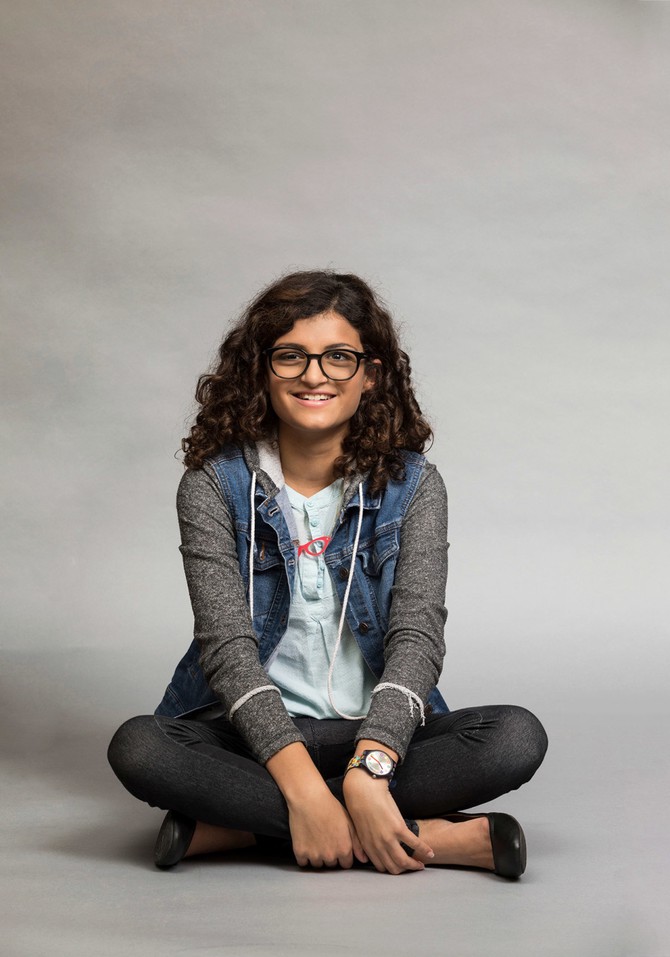11 Everyday Heroes Who Bring Healthcare to Those in Need
From an intrepid oncologist to a tween activist to a journalist turned patient advocate, this year's superstars have one thing in common: a need to help others.
Paloma Rambana
The Guiding Light
For visually impaired students, school can be tough: It's hard to read books and printouts (the faint lines on graph paper— maddening!), it's tricky to avoid bumping into others in the halls, and there's never enough time to copy things down. "People don't like to wait—you learn that early on," says Paloma Rambana, 12, who was born visually impaired and underwent two surgeries to create pupils when she was less than a year old. Rambana is fortunate, though: While she faces some challenges getting around her Florida school, her parents have always made sure she's had key aids, including a closed-circuit TV (in which a video camera is connected to a computer monitor to generate an enlarged view of everything it records, like the whiteboard) and an electronic handheld magnifier, tools that range in price from several hundred to a few thousand dollars. But when Rambana was in first grade and talking with friends, she realized that not everyone with sight issues had her advantages. "I knew my parents paid for things, but I never really thought about that until other kids said, ‘I wish I had these things—you're so lucky.'"
After talking to her parents about her concerns, she learned about an odd gap in Florida state funding: Significant dollars were earmarked for the youngest blind and visually impaired students (5 and under) and the oldest (between 14 and 22)—but not the kids in the middle (6 to 13). For that group, that meant no access to special reading equipment like CCTVs or for critical life-skills instruction—how to operate magnifying devices or cross the street safely. And children who are blind weren't receiving information on how to work a Braille writer, use a white cane, or master taking the bus.
In 2015, when the Florida Agencies Serving the Blind, which had spent years lobbying to close the funding gap, asked Rambana to join their effort, she jumped at the chance. Trading playdates for activism, she held two rallies and lobbied nearly 30 lawmakers, most of whom hadn't even known the gap in services existed. She also launched palomasdream.org to raise awareness and even out the disparity.
Rambana's lobbying helped secure $1.25 million for programs that extend coverage to children ages 6 to 13. The money covers part of the cost of aids like magnifiers as well as classes to teach visually impaired kids to become as independent as possible. But while Rambana has succeeded in her initial mission in Florida—for which she was recognized by Points of Light, the world's largest organization dedicated to volunteer service—she's now advocating for more state money and last summer lobbied Congress, requesting that at least $1 billion be put aside for special education programs for visually impaired, deaf, and blind children across the country. (Go to pointsoflight.org/paloma to learn more about Rambana and find ways that you can be a changemaker, too.)
—Jihan Thompson
From the January 2018 issue of O, The Oprah Magazine


